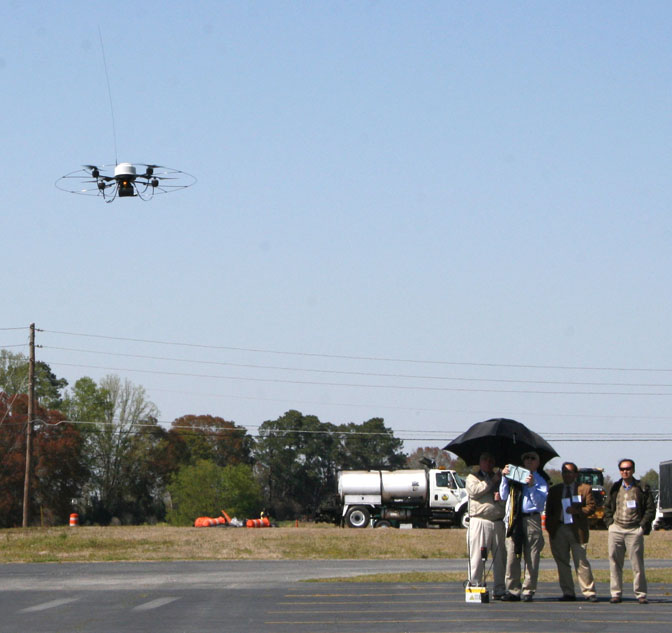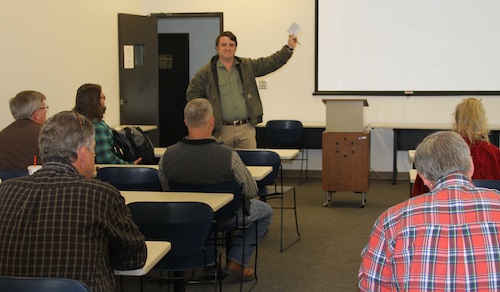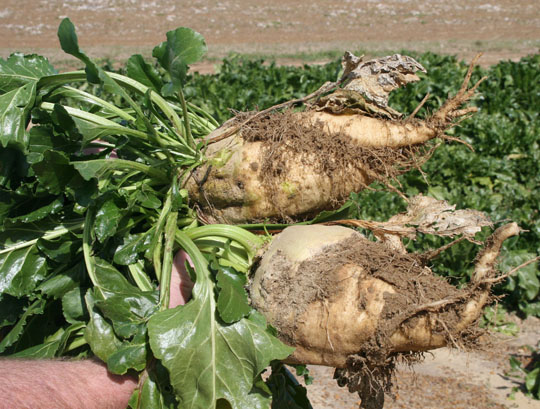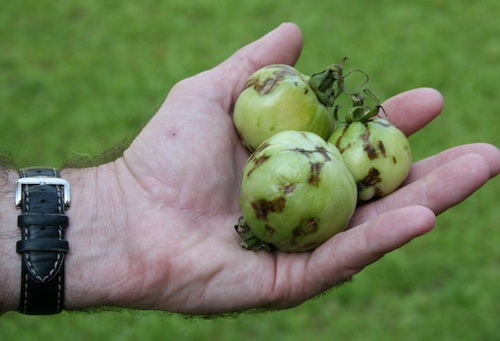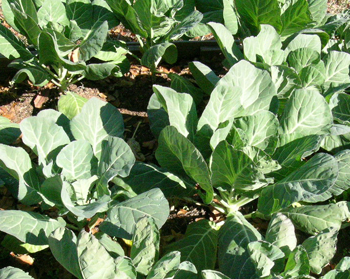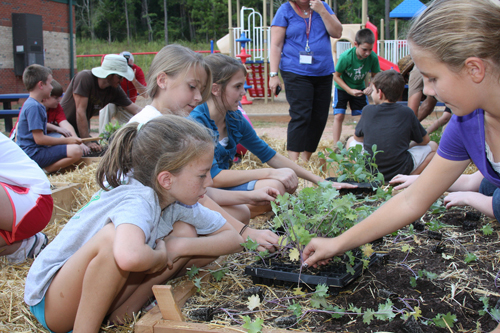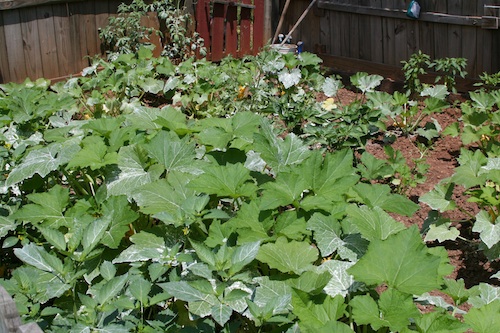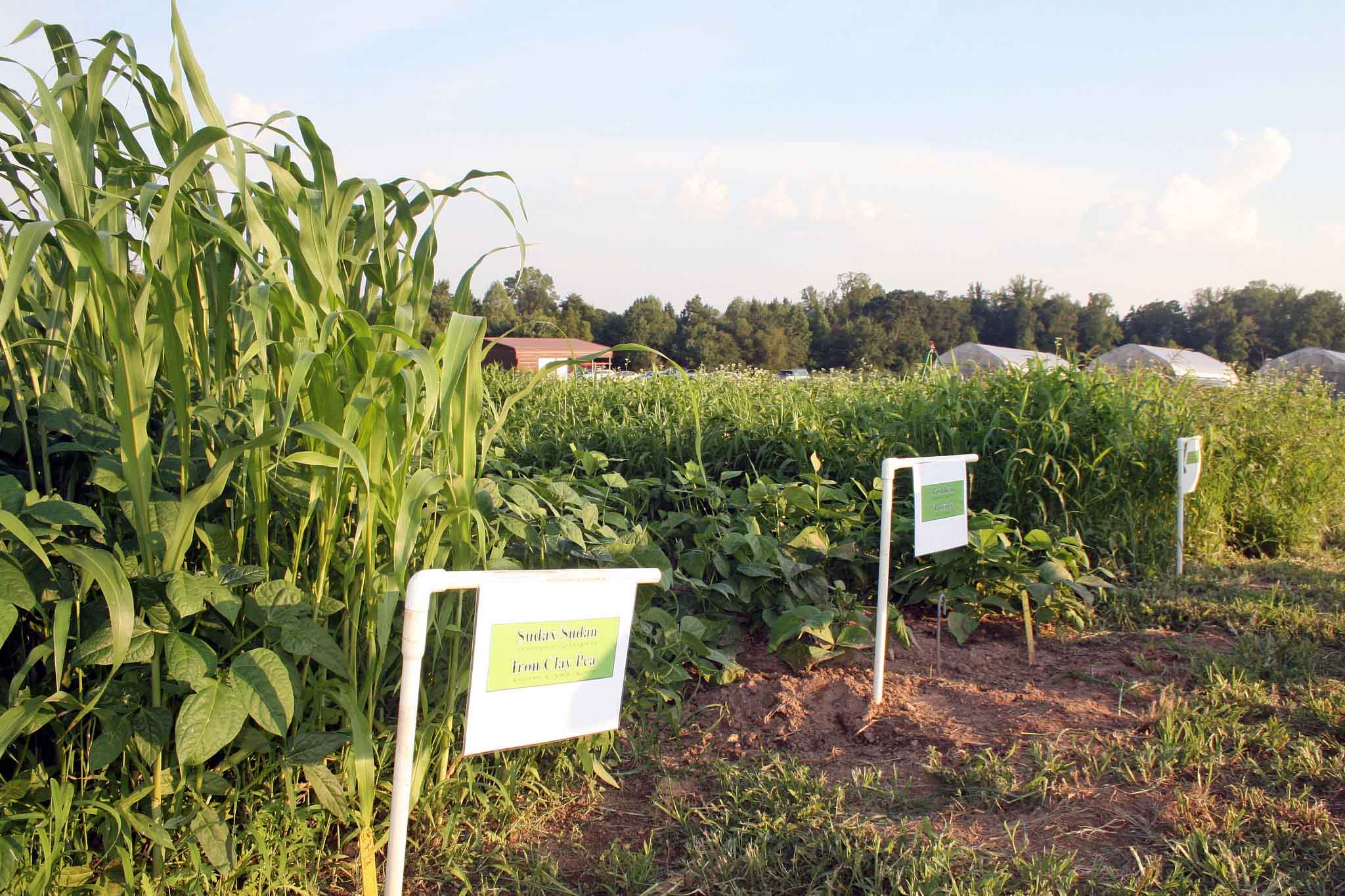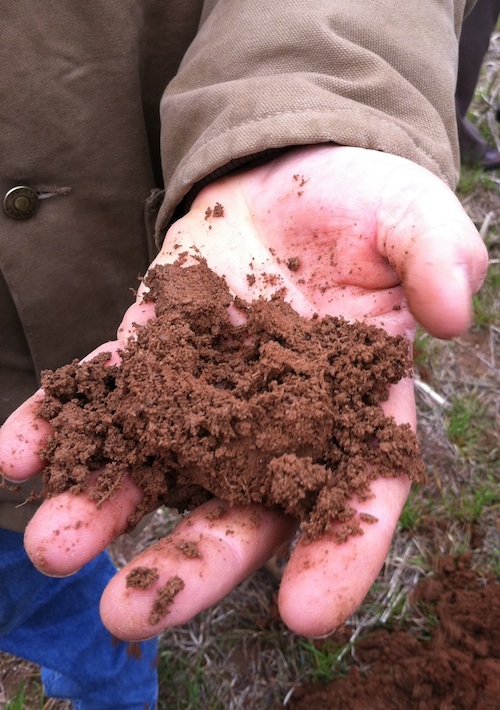 CAES News
CAES News
Soil testing is essential
The key to growing prize produce isn’t buying the highest quality transplants, sowing seeds on Good Friday or planting by the signs of the moon. University of Georgia Cooperative Extension experts say the secret’s in the soil.

